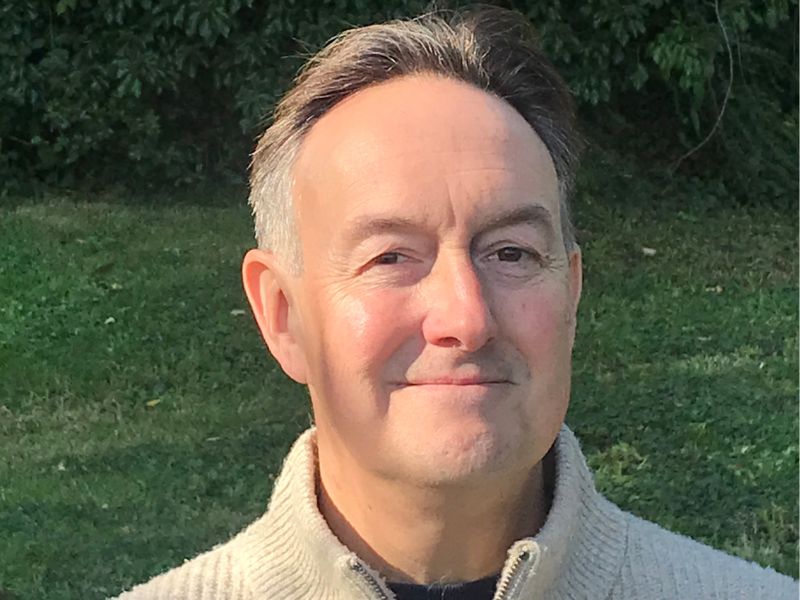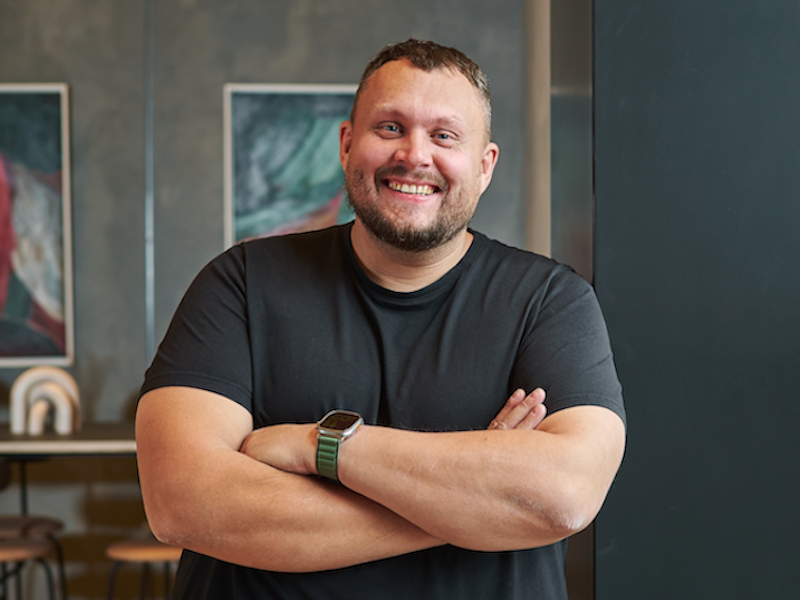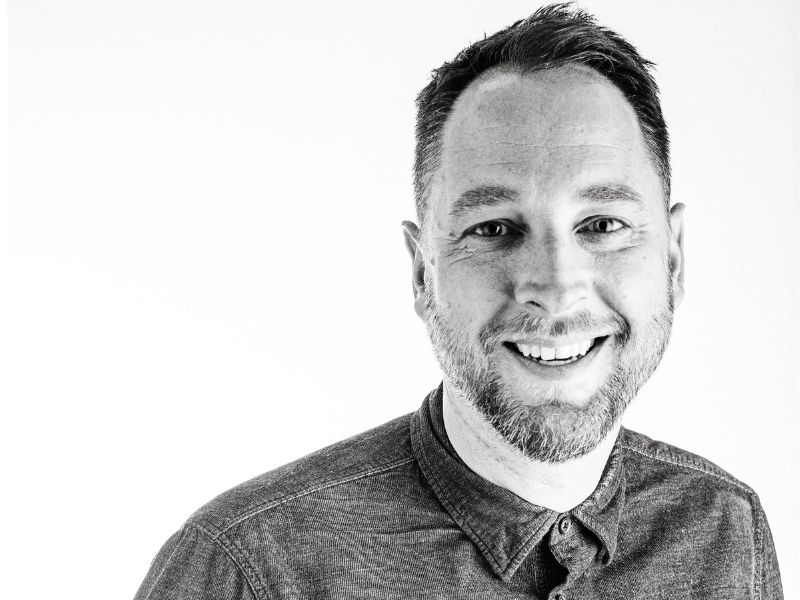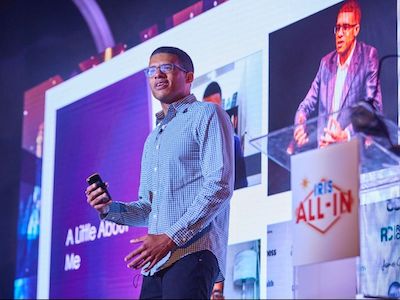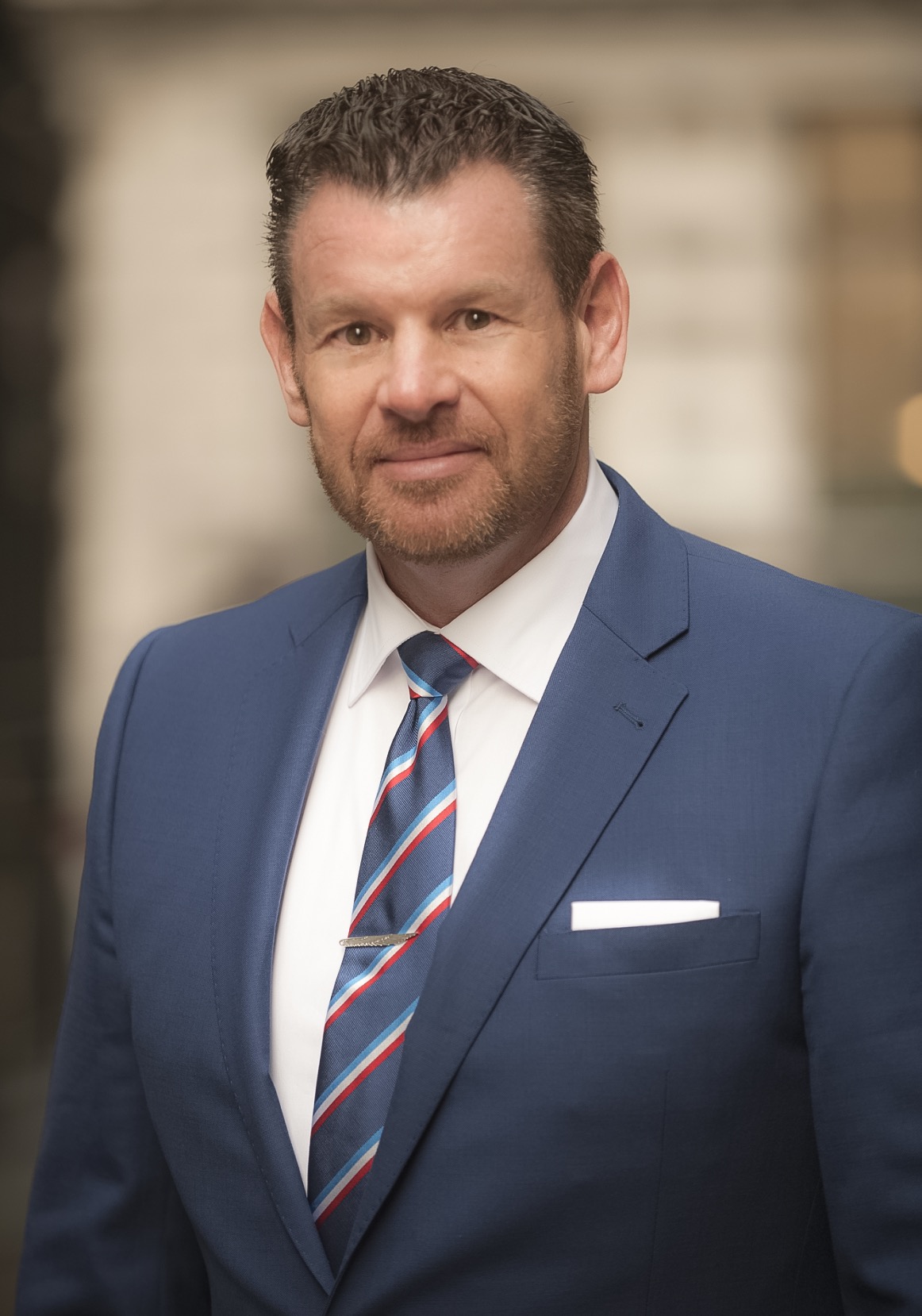 I am CEO of recruitment firm, Inclusive Search.
I am CEO of recruitment firm, Inclusive Search.
My background is in personally delivering exceptional recruitment solutions, both on a contingent and retained search basis; whilst managing and developing high performing teams delivering to a wide range of clients – from FTSE100 global brands to boutique SME businesses. I have grown teams as part of large international recruitment organisations, and also launched start-up business units. Inclusive Search was created after I spent 20 years working with international recruitment organisations.
Having served as a Board Director for 7 years, I wanted to create a business that had a clear purpose & vision to reach out to a broader talent pool of candidates. There is growing awareness that diverse companies achieve better results, with most successful companies now viewing Diversity & Inclusion as essential to their business performance and growth. Inclusive Search has a deep dedication to partnering with the highest quality diverse candidates in the market. We then build relationships with clients who value, reward, respect and celebrate everyone’s diversity – and who wish to be proactive in recruiting, retaining and developing high-performing diverse talent.
Tell us a bit about yourself, background and your current role
I was born in a small town just outside Leeds in Yorkshire, and I have a bit of a broken-home heartbreak story – I went through a difficult childhood – my Dad was an alcoholic which ended up with me living on my own from the age of 14!
I left school at 16 – I worked down a coal-mine, I worked on construction sites and I worked in a factory. Eventually when I was 21, I decided there had to be more to life than this – and I got in my old car and drove to London!
My old car then promptly broke down at the side of the north circular in the pouring rain as soon as I hit London – and so I admit, I did immediately question whether I had made the right decision as soon as I arrived!
With no education or identified useful skills, the first job I found was actually in commission-only sales…if you didn’t sell you didn’t get paid!
I decided I’d give it a try – having never sold a thing I had no clue whether I could make it work – but it turned out I was pretty good at it, and I ended up working in that firm for 10 years!
I started as a sales rep; then progressed through to become a sales manager; and as part of this role I was also their sales trainer and recruiter of new sales staff.
About 20 years ago, I made the transition from sales into recruitment – I was very fortunate that I worked with a handful of fantastic mentors – and I learned early that a strong work ethic and high attention to detail would separate me from the pack.
I’ve worked for 4 international recruitment firms – I’ve spent the past 10 years working at Board Director or CEO level – and 3 years ago I launched my own recruitment business.
Did you ever sit down and plan your career?
Absolutely not – I was just hoping to figure out a way to pay my bills!
Recruitment has virtually no barriers to entry. Most companies don’t require you to hold a degree – they love people with strong sales skills – and the earning potential is six figures.
I always felt incredibly fortunate to find an industry where I earned as much as some of the professional candidates that I represented – most of whom had gained several degrees and got years of experience working with some of the most respected firms in the world.
The good and bad thing about recruitment is that with no barriers to entry, there is also no regulated standard of best practice. So each firm can decide on its own values – and then within each firm, each client and each candidate is at the mercy of the work ethic and values of each individual consultant.
This gives you amazing creativity to set yourself apart as being outstanding – or it gives you cover to be lazy or play in the grey areas of the truth – it gives you the ability to be super-responsive and helpful to people – or it gives you permission to act in your own best interest and treat people as a commodity.
I decided that I would commit myself to working really hard and achieving whatever my full potential was. I learned lots along the way – sometimes about myself, sometimes about other people – but now that I have my own company with a clear mission to drive diverse recruitment I’ve never been happier.
Have you faced any challenges along the way?
Coming from my childhood background I realised in middle age that I had spent a lot of time in my life being anxious about social privilege – I didn’t recognise a name for it at the time, but I was very aware I had grown up poor and a bit dysfunctional.
I had no parental role models – no supportive family unit – no conversations around a dinner table that taught me principles for life, or any understanding of the real world or business – no money – no education beyond high school – and I spoke with a broad Yorkshire accent. When I arrived in London I was very aware of socially being ‘other’ – and especially when I entered the corporate world, I tried hard to fix what I saw as my social failings.
I changed the way I spoke – I changed the way I dressed to copy the ‘norm’ – I spent a lot of time observing the behaviour of those who I aspired to be, and I stole all their ‘best’ bits!
I was determined to self-educate and so I spent around 3 years reading every book I could get my hands on – I was reading management books, self-development books and I also read every textbook I could find to learn what an investment bank does and what each job role in a bank performs.
I read the Financial Times every day – and diligently googled every word and phrase I didn’t understand, until I knew what each article was talking about.
By 2008, when the crash hit – I was Director of Financial Markets recruitment – I then went on to become a main board Director and Head of Financial Services and the company trainer on investment banking.
What has been your biggest achievement to date?
Launching my own business and having a purpose beyond just making as much money as possible.
I created a recruitment business with a very specific mission – to represent the best diverse talent in the market – and to work hard to encourage companies to hire diverse candidates particularly in their strategic & senior roles.
If every shortlist for a senior role contained at least 50% talented diverse candidates then at least we would be bringing some fairness to the door.
I also regularly shine a light on the excellence and achievements of diverse talent – to increase awareness that there are deep pools of really smart talented diverse candidates that exist – a lot of them already doing mind-blowingly impressive work.
Then every month I interview 2 or 3 inspirational female role models – I ask them to imagine they are writing a letter to their younger self – what tips would they give to themselves at age 21, to help them on the journey ahead.
What one thing do you believe has been a major factor in you achieving success?
Work ethic was probably my greatest strength – I was always really determined and had good resilience – I think ultimately I just always refused to lose.
I also always realised I was a work-in-progress and committed to self-development. Just taking time to understand what you don’t know and figuring out ways to keep gaining knowledge is a useful trait.
How do you feel about mentoring? Have you mentored anyone or are you someone’s mentee?
I would recommend mentoring without hesitation – I have been mentored and I am mentoring people at the moment. Having people that you can openly discuss your ideas with in a safe space is really helpful. Speaking to people who have already walked the journey you intend to take surely can’t have that many downsides.
But I think the key is developing a mindset of listening and learning every day as being part of your DNA – seek out as many opinions as you can.
You can learn from all levels of people – I learn loads from interviewing amazing 25 years old black women working in tech for my ‘Exceptional Female Role Models’ series. These women are not on a similar journey to me, but they have developed skills and attitudes to life and business that give me a fresh perspective and make me think.
I’ve worked with too many people who mentally had just decided to stop listening or learning – I think genuinely they had an arrogance that they already had figured out all the answers. They never evolved, they just kept repeating behaviours they had learned 10 years ago.
I just believe nobody stands still – if you aren’t going forwards, then the world is overtaking you and whether you realise it or not you are going backwards.
Why do you think it’s important for men to support gender equality in the workplace?
To me – gender equality is not a female issue – just like race equality is not a person of colour’s issue. These are fairness and social issues that we should all be concerned about. The process of getting buy-in and support from people ‘outside the group’ is ‘allyship’.
Equality is a leadership opportunity. Men – and often white men – hold most leadership positions in the world at the moment, so they have a unique opportunity to take action and drive change.
I believe we need men to find, and act, on their own motivations for achieving gender equality.
We need actions that support shifts in individual attitudes and behaviours – combined with broad, institutional commitments that enable equality and inclusion to thrive – we need leaders who clearly articulate how gender equality is core to their organisation’s success and drive efforts at a strategy, cultural and policy level.
For me allyship is committing to at least one action you will take in your own life to advance equality in some way.
It could be as small as asking questions, listening and learning more; or sharpening your situational awareness & becoming more vigilant to the gender dynamics operating in your own workplace – just becoming more attuned to comments, phrases and banter – paying attention to who is (and isn’t) being included – who’s sitting at the table, who’s being interrupted, who’s being ignored.
To my mind ‘allyship’ is simply trying to get more people to engage in the ‘equality mission’.
Equality is important to me.
Businesses with greater diversity have a greater balance of voices that help them to create diversity of thought, and come up with better and more innovative solutions. Plus as the world changes, companies need to better reflect their customers and the regions that they operate in.
The data is in now – diverse companies are commercially more successful – plus, it is just simply the right thing to do – it’s 2021 for goodness sake!
But this isn’t just companies – it’s politics, it’s the world – we need to learn to embrace each other’s differences – not be scared of the unknown or of a world that is changing and might in some way lead to a reduction in some of your own privilege.
Fundamentally this all comes down to equality – we need fairness in opportunities – fairness in training & development – fairness in appraisal & promotion – and fairness in pay.
If you could give one piece of advice to your younger self what would it be?
Work hard but find a balance – value more than money and pursuit of a job title.
I spent at least 15 years of my career just climbing one peak after another – never finding any satisfaction in my journey – just always chasing a belief that when I earned a certain amount, or was the boss of a certain number of people, I would be happy – it never happened – infact the opposite happened – I drove myself into the ground, and didn’t value the things that life is really all about.
Now I understand life is a winding road – you should smile more, you should smell the flowers along the way, you should enjoy the journey – and you should love yourself enough to look after your physical & mental health so you have the energy to be present and to build meaningful relationships with your family & friends.
Do more of what you love – find your purpose – cut out as much negativity from your life as you can – just focus on becoming a little bit better today than you were yesterday.
What is your next challenge and what are you hoping to achieve in the future?
First goal has to be to continue successfully navigating a Covid-impacted business world throughout 2021. It has been a worry for everybody over the past year and it will likely still be for at least another year to come. Number one goal is always to pay the bills!
Beyond that, I’m excited to continue pushing for greater equality in recruitment delivery. I hope to contribute to organisations making more diverse hiring decisions and creating a world where female and diverse candidates have equal opportunities to lead.
WeAreTheCity has a back catalogue of thousands of HeForShe interviews, including Suki Sandhu, Philip Baldwin, Asif Sadiq MBE, Rob Neil OBE and many more. You can read about all the amazing men championing gender equality here.





